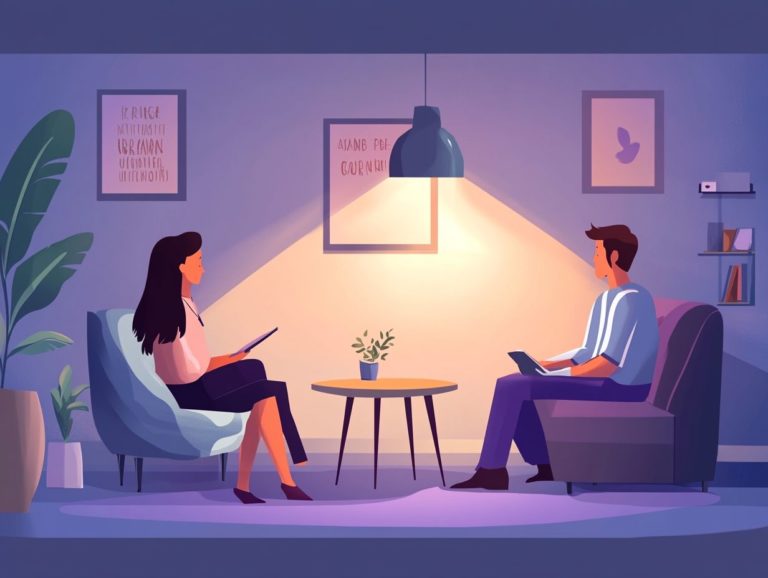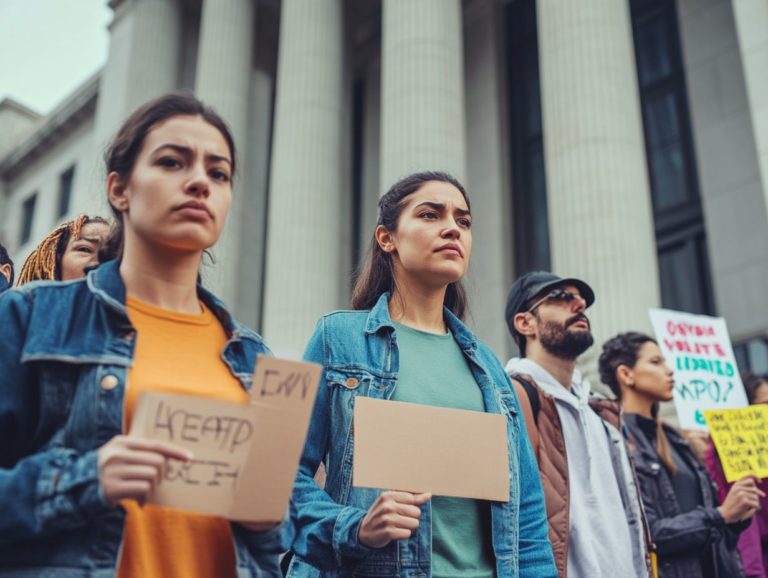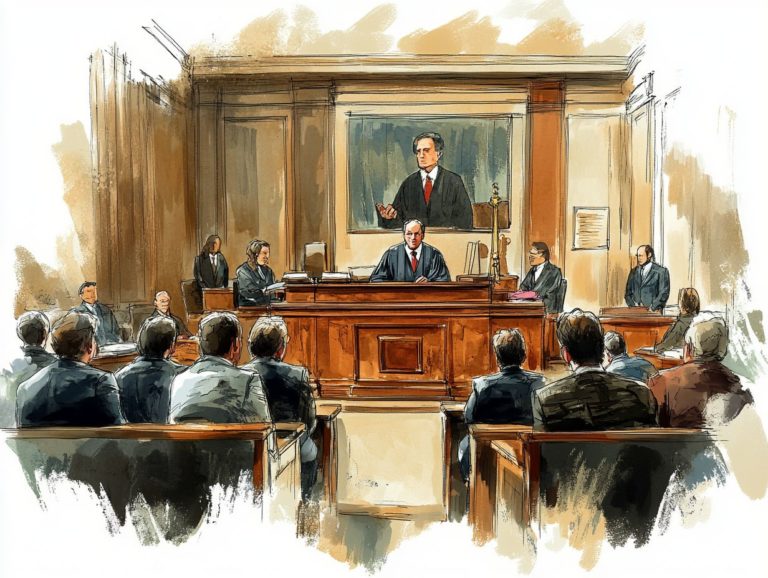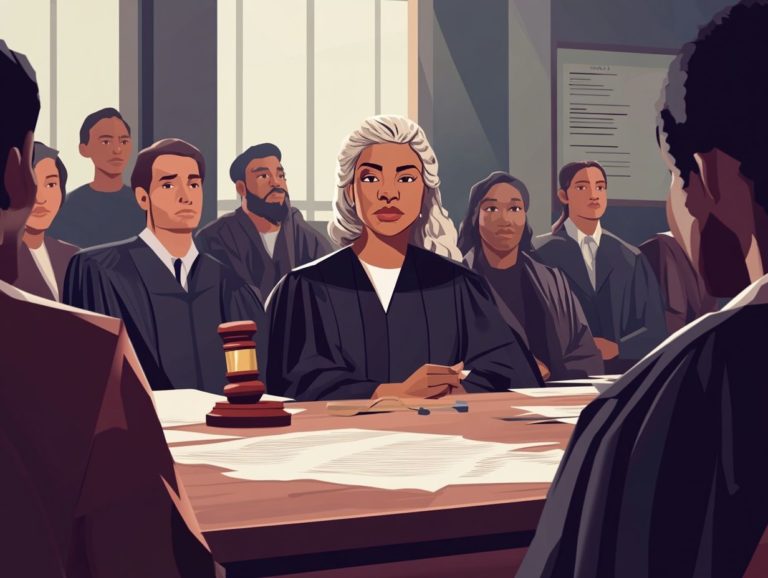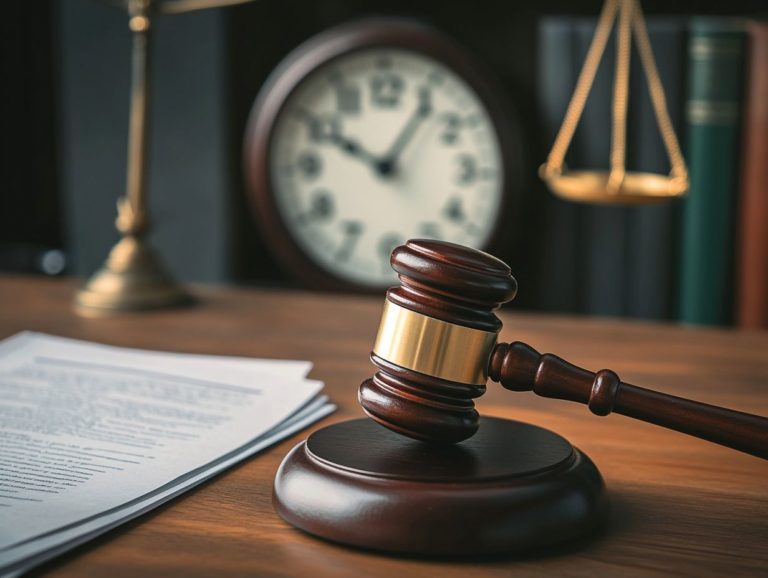The Right to a Free Trial: An Overview
Free trials let you explore products and services without obligations. But what does that mean for you?
This article breaks down free trials, sharing their benefits and drawbacks. You’ll learn tips to make the most of your trial and clear up common myths.
Get ready to explore the world of free trials with confidence!
Contents
Key Takeaways:
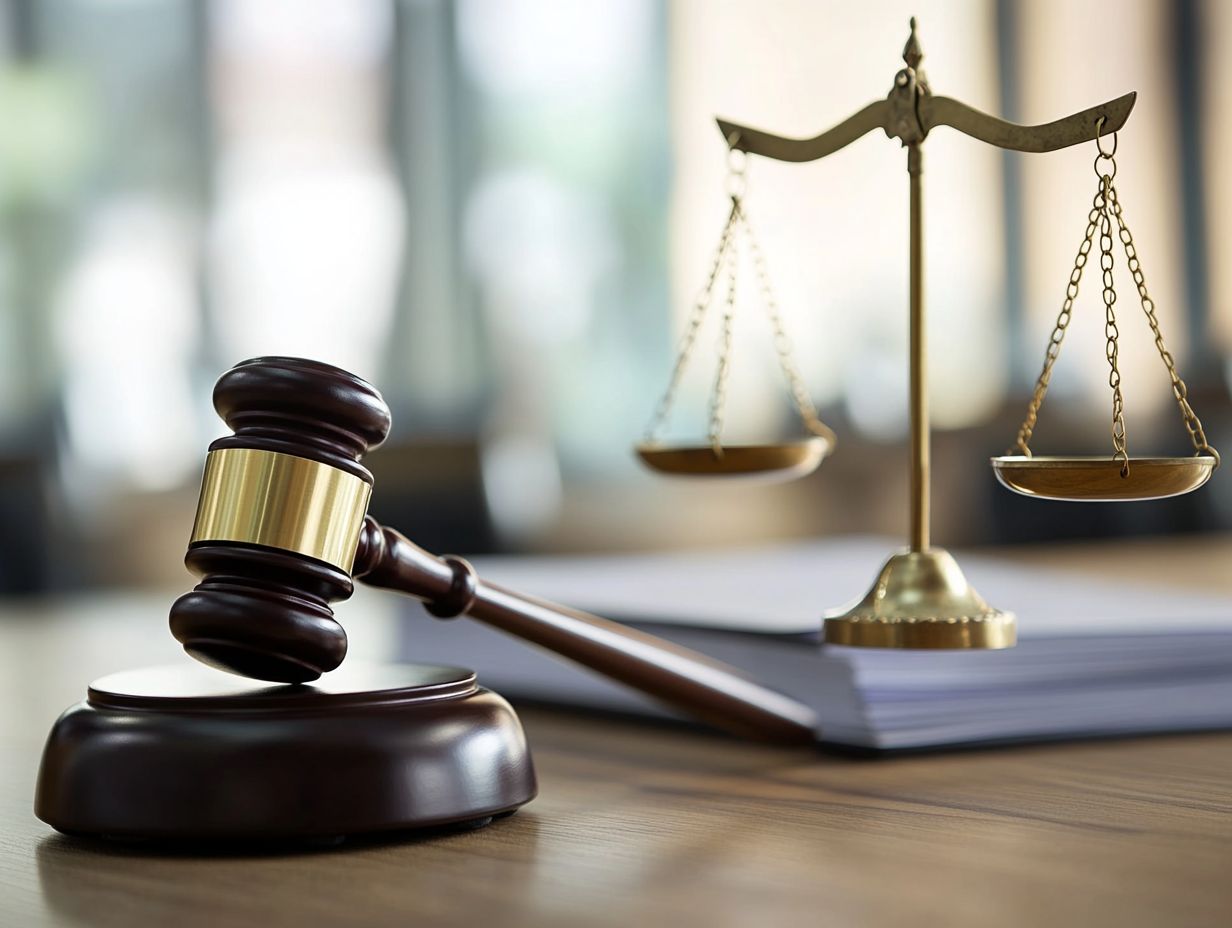
With a free trial, you can try before you buy!
While free trials are great, be mindful of automatic subscription charges.
Consumer protection laws exist to ensure fair practices for both businesses and consumers regarding free trials.
The Concept of a Free Trial
A free trial is all about fairness. It ensures access to justice for everyone involved.
This includes legal standards like due process, which means the legal system must follow rules to keep things fair.
Free trials protect your rights and build public trust in the legal system.
What is a Free Trial?
A free trial means you have the right to a fair defense. Understanding the right to a public trial is crucial, as every person deserves a clear and fair legal process.
This principle protects you with various rights, preventing wrongful convictions.
You must have a chance to build a strong defense and challenge the prosecution.
This process empowers you and boosts public confidence in the legal system.
Benefits and Drawbacks
Free trials protect your rights and foster trust in the legal system. However, be aware of potential issues like delays and wrongful convictions.
Engaging with the legal system can empower you, but it can also be challenging without understanding the processes involved.
Finding the right balance between protecting rights and delivering timely justice is crucial.
The Legality of Free Trials
The legality of free trials is built on constitutional protections in the Bill of Rights. These safeguards protect individuals from police abuse and ensure judicial independence.
Consumer Protection Laws
Consumer protection laws are vital for safeguarding your rights. They ensure fairness and prevent violations in marketplace dealings.
These laws provide a clear framework for free trials, outlining your expectations and rights. They hold businesses accountable for their practices.
When companies offer free trials, it s crucial you understand the terms and conditions. Know about any charges that might come after the trial ends.
These laws shield you from deceitful practices. They also guide how courts interpret and enforce agreements.
This creates a balanced marketplace. You can confidently explore new products without facing unnecessary risks.
Regulations for Businesses
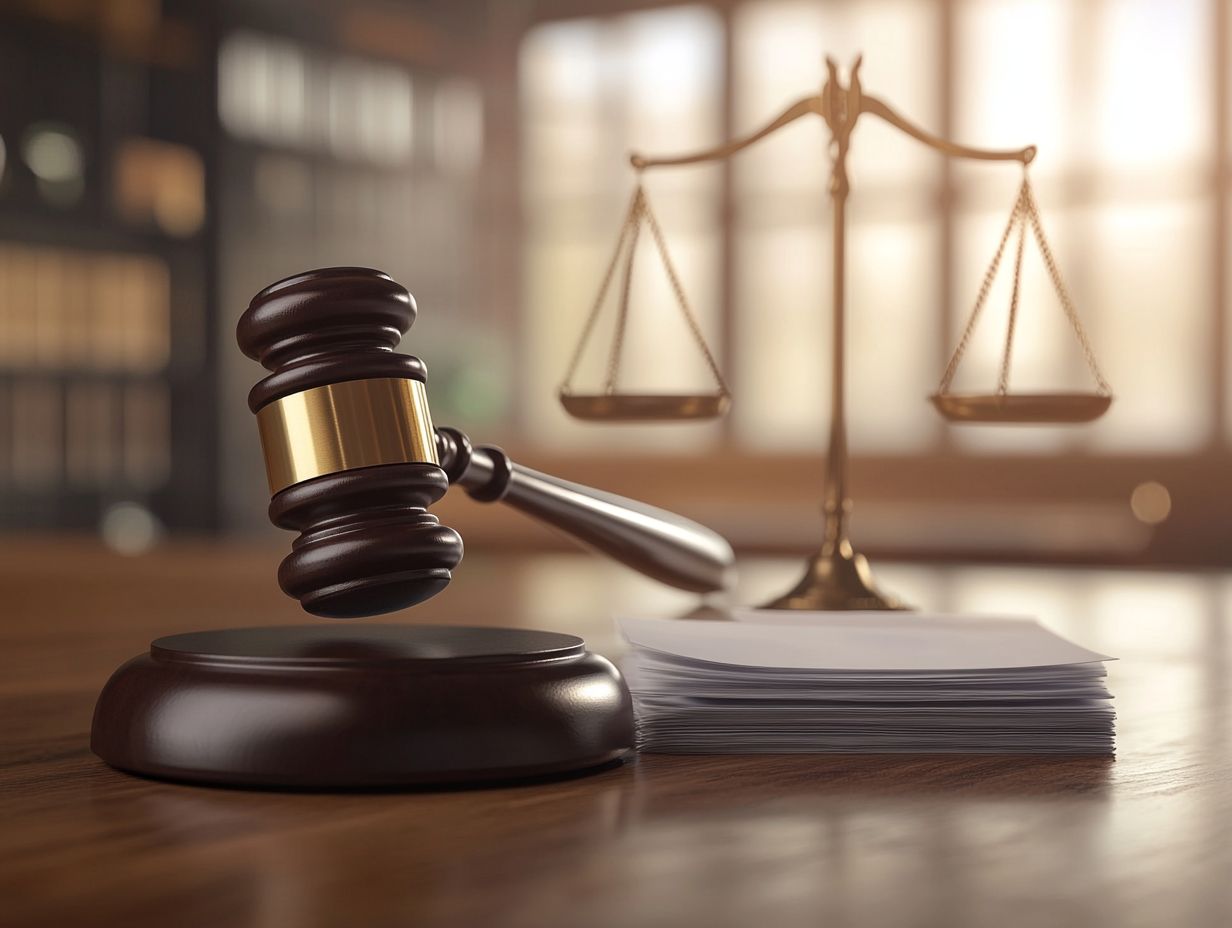
Businesses must comply with fair trial principles. This helps maintain fairness and protects consumer rights.
By following these regulations, you build trust with consumers. Transparency boosts consumer confidence and marketplace integrity.
Customers feel secure knowing their rights are protected by law. This compliance strengthens the justice system and ensures fairness.
A society that values these regulations supports a healthy economy. Both businesses and consumers can thrive.
How to Make the Most of a Free Trial
To maximize a free trial, understand your rights. This knowledge empowers you to navigate potential challenges confidently.
Being informed helps you tackle the legal process with clarity. It positions you for success during the trial.
Tips for Maximizing Benefits
Work closely with your attorney to navigate courtroom procedures. This partnership is essential for protecting your legal rights.
A skilled lawyer helps you understand legal protocols and advocate for you. Familiarize yourself with courtroom dynamics, like the roles of judges and juries.
Prepare for different scenarios for a confident response. Clear communication with your lawyer ensures evidence is effectively presented.
Common Misconceptions about Free Trials
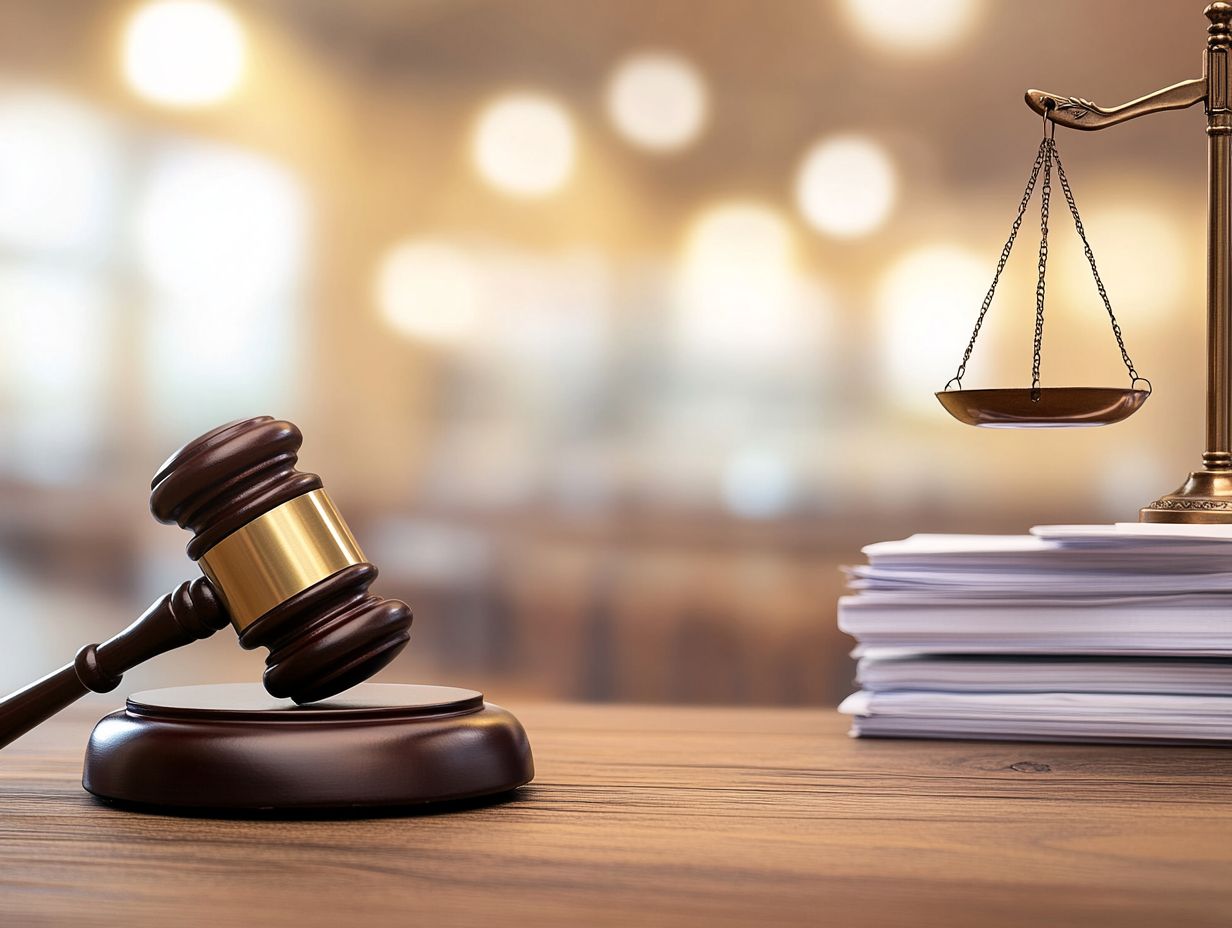
Many mistakenly believe free trials guarantee acquittals. This view overlooks the complexity of legal procedures.
Debunking Myths and Clarifying Facts
It s essential to debunk myths about free trials to understand their purpose. A free trial doesn t mean there are no consequences.
This misunderstanding can misinform accused individuals. In reality, it allows defendants to present their case without financial burdens.
Free trials do not guarantee acquittals. Results depend significantly on the evidence presented in court.
By recognizing these facts, you gain a clearer view of free trials in the justice system. Everyone should understand their rights and responsibilities.
Alternatives to Free Trials
Consider alternatives to free trials. Options like negotiated agreements offer defendants different pathways to resolve criminal charges.
These methods streamline the legal process. They also protect individual rights and uphold judicial guarantees.
Other Options for Trying Products or Services
You have several alternatives to try products or services before committing. These options safeguard your consumer rights.
Look for samples, limited-time offers, or subscription services with attractive introductory pricing. They cater to your desire for hands-on experiences.
By taking advantage of these options, you can assess product quality and ensure they meet your needs. Enjoy transparent pricing and clear return policies.
Organizations focusing on consumer rights play a key role in informing you about these alternatives. They help create a marketplace that values ethical standards and empowers you to make informed choices.
Are you fascinated by the connection between psychology and the law? If you want to understand the minds behind criminal behavior, a career in forensic psychology could be your perfect path!
In this article, we will explore the requirements, skills, and career paths in forensic psychology, providing you with everything you need to start your journey.

